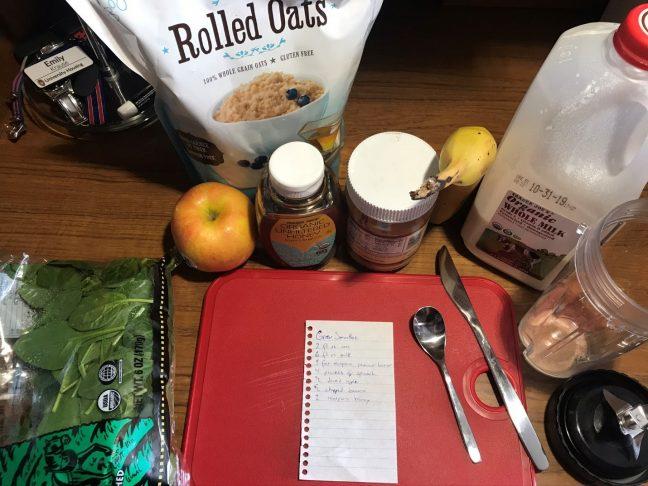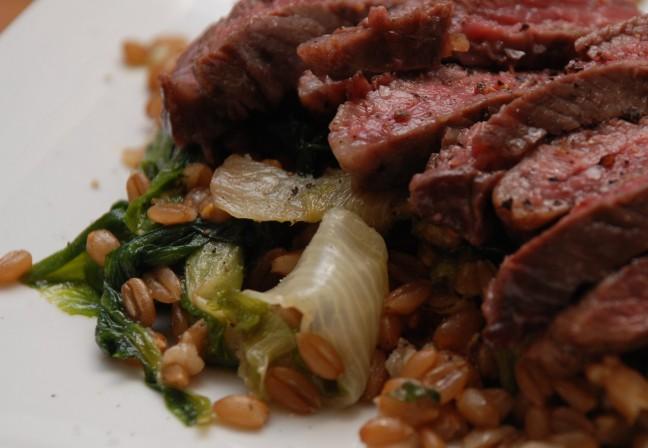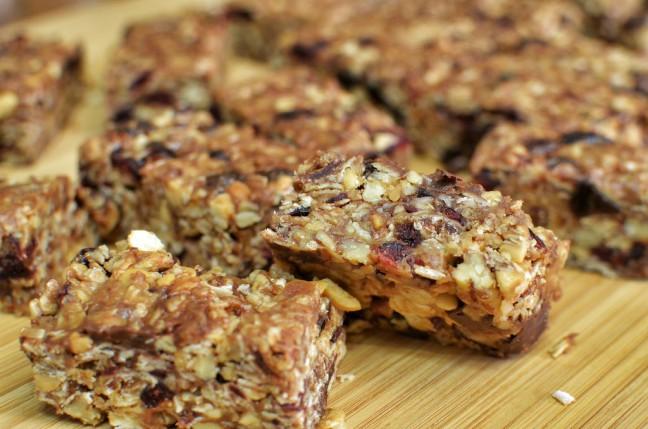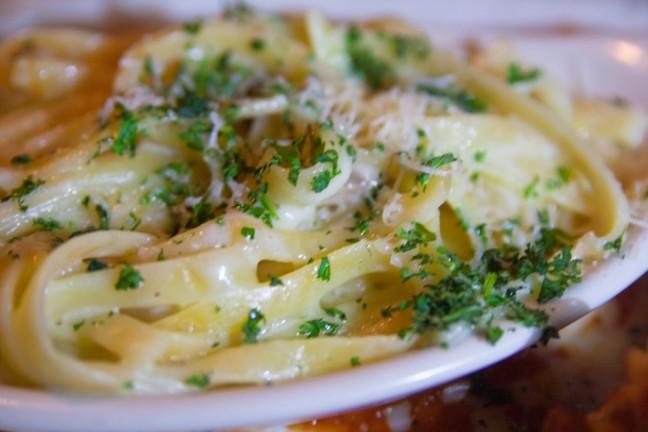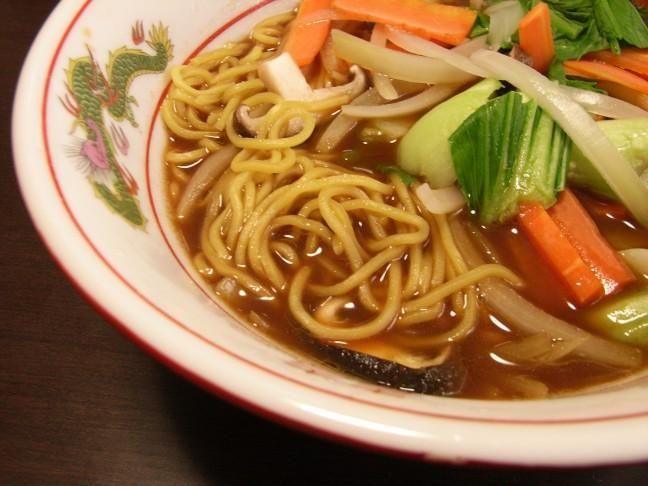Metabolism. Not an unfamiliar word, but do you really know what it means? Perhaps you have been told you have a “fast” one. Maybe you saw a news program on the latest way to “boost” yours. But few know what exactly metabolism is or what real implications it has on their life and health.
Metabolism is the sum of all the tiny chemical reactions that drive your body processes. These processes can be automatic, like keeping your heart beating at a steady pace, and they can also be voluntary, like when your arm muscles move when you wave hello to someone. All of these functions require energy. We get this energy from the food we eat in the form of calories, which we then “burn” as needed to keep our bodies going.
The involuntary functions in your body make up your Basal Metabolic Rate (BMR). Your BMR is responsible for 60-70 percent of calories you expend in a single day. That means if you follow a 2,000 calorie diet, about 1,300 are used up to simply keep you alive, so to speak.
Your BMR is determined by your body size and composition, your age and your sex. People with a higher ratio of muscle to fat have higher BMRs. Since men naturally have a higher ratio of muscle to fat, they usually have higher BMRs than women. Since muscle mass decreases with age, BMR tends to lower with age as well.
Another involuntary body function that contributes to overall metabolism is the process of digestion: Breaking down food requires energy. The energy expended when food is digested is known as “thermogenesis” and accounts for about 5-10 percent of the calories you burn in a day. Thermogenesis is relatively constant throughout a person’s lifetime.
The voluntary processes that contribute to your metabolic expenditure are broadly categorized as physical activity. This isn’t just the physical activity you do at the gym, however. This category also entails the calories you burn sitting in class, talking to your friends on the phone or shampooing your hair in the shower. This is by far the most variable element of your metabolism and the one that is most under your control. The more active you are throughout the day, the more calories you burn and the “higher” your metabolism will be.
The rate of your metabolism has significant implications because it contributes to healthy weight management. People with higher metabolisms find it easier to maintain a healthy weight or lose excess weight than those with lower rates of metabolism.
There are healthy habits that you can develop to help make the most of your metabolism. One of the best habits is to get into a regular exercise routine. Both aerobic exercise and weight-bearing exercise are important. Aerobic exercise (such as biking, running, swimming or walking) will increase your physical activity level and burn more calories overall, while anaerobic exercise (such as weight lifting, sprinting, push ups or pull ups) can increase your muscle mass, which will increase your BMR.
Another good habit is to eat breakfast every day. After an overnight fast, your body needs a jumpstart to go from “calorie conservation mode” to “calorie burning mode,” and it can’t do this without some energy. Eating breakfast gives your body the boost it needs to burn calories all day long.
Similarly, make sure you eat regular meals. If you go too long without eating, your body will sense the lack of energy and switch back to conservation mode to prepare for a fast. Eating small meals every 3-4 hours helps keep your body in calorie burning mode. Choosing nutrient-dense foods high in whole grains, fruits and vegetables, lean protein and fiber make it easier to keep your total number of calories for the day in check.
Finally, it is extremely important to get enough sleep every night. Without sufficient sleep, your body will burn calories less efficiently and slow your metabolism. Besides, who wants to do physical activity when you’re feeling tired and sluggish?
Of course, these metabolism “boosting” habits aren’t the only ones you need to stay healthy, but they can help contribute to management of a healthy weight and a healthy lifestyle.
Write questions to the column at [email protected].
This week’s recipe is an awesome breakfast full of fruit and fiber to jump-start your day. Bake the whole pan and you’ve got breakfast ready for every morning!
Banana Blueberry Baked Oatmeal
Ingredients:
1 medium ripe banana, sliced
1 1/2 cup blueberries, 1/4 cup honey, 1 cup uncooked quick oats, 1/2 teaspoon baking powder, 3/4 teaspoon cinnamon, pinch of salt, 1 cup skim milk, 1 egg, 1 teaspoon vanilla extract
Directions:
Preheat oven to 375 degrees. Arrange sliced bananas on the bottom of a greased ceramic dish (preferably 9×9; if using a larger dish decrease baking times by about 0ne-third). Sprinkle half of the blueberries on top of the bananas, 1/4 teaspoon of the cinnamon, 1 tablespoon of the honey and cover with foil. Bake 15 minutes until the bananas get soft.
Combine oats, baking powder, remaining cinnamon and salt in a medium bowl. In another bowl, whisk together milk, remaining honey, egg, and vanilla. Add to the oat mixture. Pour over the baked bananas and blueberries. Add the remaining blueberries. Bake for 30 minutes or until top is golden brown and the oatmeal is set. Serve hot.














